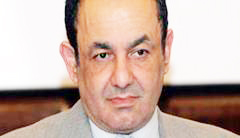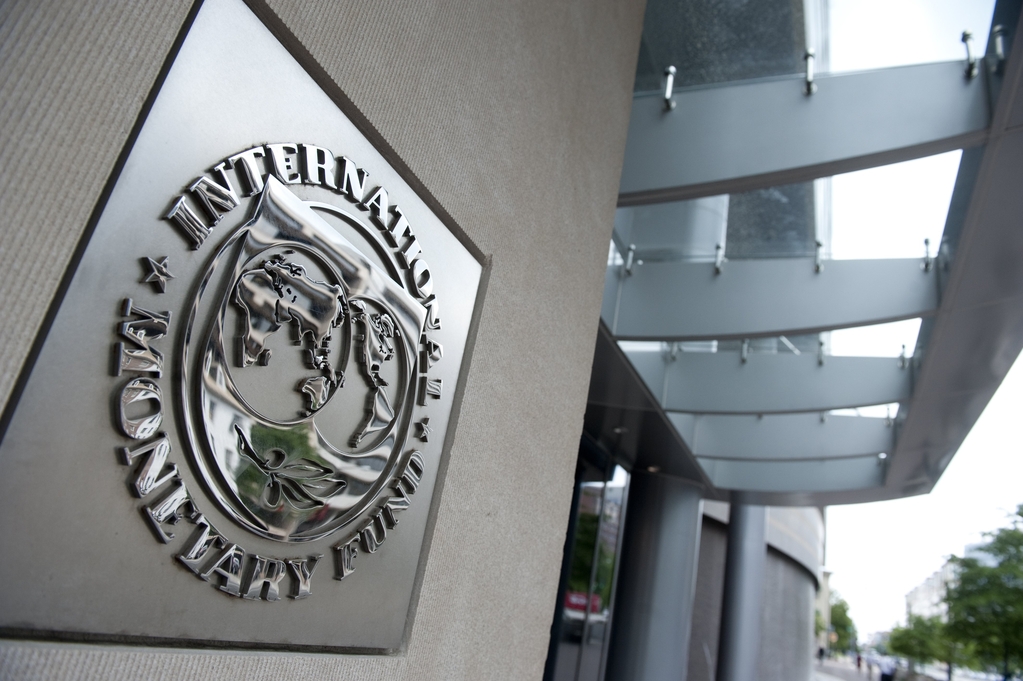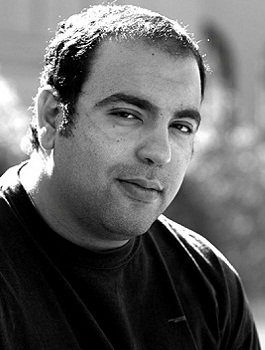Egyptian commentators continued to explore the national hygiene campaign initiated by President Morsy last weekend. Several opinion writers have attacked the move claiming it is never the role of Egyptian taxpayers to collect waste from streets. Other columnists have called upon Egyptians and political powers to allow a chance for the new government to prove either its victory or failure, hailing Morsy not to get drawn in a pool of detailed predicaments.
Ahmed Samir Hygiene comes from the Muslim Brotherhood  Al-Masry Al-Youm newspaper
Al-Masry Al-Youm newspaper
Referring to Morsy’s initiative to launch a national hygiene campaign, Ahmed Samir affirms that the president might need to first acquire the confidence of his opponents before expecting their support. Promises said to be fulfilled in Morsy’s first 100 days endure within the responsibilities of the government, not that of Egyptian taxpayers. The writer calls on Morsy to select politicians, who are not affiliated with his once-banned Muslim Brotherhood group, to possibly help in creating a balanced political sphere. He considers Hesham Qandil’s attempts to pick ministers from Islamist political forces, asserting that this does not help the situation. Samir describes Morsy’s campaign to collect the waste as a ‘childish’ imitation of the move that took place after the January 25 uprising by revolutionary youth.
In his estimation, Samir believes that Morsy’s call for cleanliness will not solve the more general problem of a ‘paralysed’ government. It is understandable that through this campaign, Morsy aims at changing a culture of ignorance and carelessness towards the importance of Egypt’s sanitation. But Samir suggests that it would have been wiser had the president instead called the Egyptian youth to participate in municipal elections which should eventually solve communal problems. Finally, Samir asserts that the success of this plan rests upon persuading revolutionary Egyptians on the significance of being proactive towards their country.
Amr Al-Shobaki The government’s test  Al-Masry Al-Youm newspaper
Al-Masry Al-Youm newspaper
Selecting ministers who are part of, or relate to, the Muslim Brotherhood should not constitute an objection in a technocratic government. For Amr Al-Shobaki in his column, the creation of a homogenous government is to ensure the foundations of a genuine democracy. In his estimation, having ministers from the Islamic current will facilitate consensus and setting unified policies and strategies. Al-Shobaki argues that a government that brings together ministers from diverse political inclinations will amount to every member playing individually in an isolated field. At this stage, he writes, Egypt is in dire need of an authority of a unified texture.
Al-Shobaki calls upon Egyptians to grant a chance for the coming government to prove its victory or failure, saying that previous initiatives calling for a national salvation government will not take the country out of the current high risks. The political scene in Egypt dictates that the Muslim Brotherhood is, irrespective of the composition of the government, to be held accountable for the state of Egypt over the coming years. Thus the wise choice, in Al-Shobaki’s estimation, is not to set up further obstacles to their success. Mubarak’s ouster should signal to the Brotherhood that they too could feel the brunt of popular protests if they fail to live up to expectations.
Fahmy Howeidy The solution is to set the right priorities  Al-Shorouk newspaper
Al-Shorouk newspaper
In his column, Fahmy Howeidy revisits Morsy’s promises during his first 100 days and criticises his interference in complicated problems citing examples like the problems at Giza Zoo and workers’ disputes with various unions. Howeidy asserts that the sheer number of problems that find their way to the president’s door are beginning to overwhelm him. The writer wonders if the government should be looking to unburden Morsy of many of the difficulties he had earlier pledged to solve in the coming days. If the president fails in achieving his promises, this may serve only to reinvigorate anti-revolution sentiment.
Howeidy declares himself uncomfortable with the initial idea of the first 100 days promises. In his mind, issues like traffic, bread, hygiene and gas should come on the top of the government’s list of things-to-do. Finally the writer advises Morsy to start setting his priorities right in lieu of wasting time and energy in detailed tasks which apparently remain outside of his job description. The writer also calls on the president to create a national team of experienced politicians to help the new government take the correct steps.
Emad Al-Din Hussein  An independent syndicate for police officers Al-Shorouk newspaper
An independent syndicate for police officers Al-Shorouk newspaper
Reforming the Egyptian police apparatus is considered one of the most difficult challenges facing President Mohamed Morsy. Emad Al-Din Hussein explores the idea of creating an independent syndicate for police officers, recalling a meeting that brought together a number of high and low-ranking police officers who seek to establish the body to defend their rights. It was almost impossible to think of such an idea before the January 25 Revolution, but the writer praises the progress made by activists like Gamal Eid, Negad Al-Borai and Gamal Zahran who discussed the initiative.
The question here is to what extent police officers are entitled to establish a syndicate that governs their rights and shields violations against them? Hussein states that there are about 51 countries that have official syndicates for police officers, citing examples of Tunisia, Malawi and Senegal. He mentions Hafez Al-Mirazy’s experience with American police officers and praises the unity of the whole police system in that country which is not fractured by categorisation and superficial rankings. Hussein affirms that the concept of establishing such an institution might probably face obstacles in the coming new government. The writer concludes his article reiterating the discussions at the meeting, at which the majority welcomed the idea of establishing a syndicate for police officers.
Ibrahim Mansour  Where is the transparency in Qandil’s government? Al-Tahrir newspaper
Where is the transparency in Qandil’s government? Al-Tahrir newspaper
Ibrahim Mansour critically compares the newly appointed premier Hesham Qandil with former prime ministers during Mubarak’s era, stating that Morsy’s choice was not the smartest. He estimates that Morsy has deliberately intended to pick Qandil as a calm compliant premier able. In other words, Mansour regards Qandil as the suitable person to carry on his shoulders the heavy weight that Morsy wants to get rid of. There were a great number of former corrupt ministers during Mubarak’s era who were brought to account for their misconduct; equally, there are many who were not. Hussein believes that the situation has not drastically changed even after the appointment of the new government.
Morsy was not wise enough to pick an experienced prime minister who played a significant role during the January 25Revolution, Hussein affirms. He adds that the new government lacks a great deal of transparency, as no one knows how much influence Morsy has had on the cabinet, and most importantly how large is the slice reserved for Khairat Al-Shater and the Muslim Brotherhood’s guidance bureau? Finally, Mansours calls on the new authority to bravely act in a transparent way, so as not to repeat the mistakes of the past.


